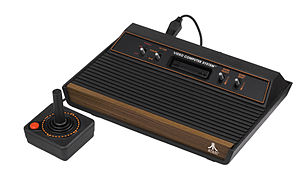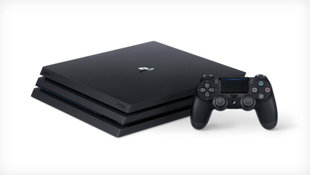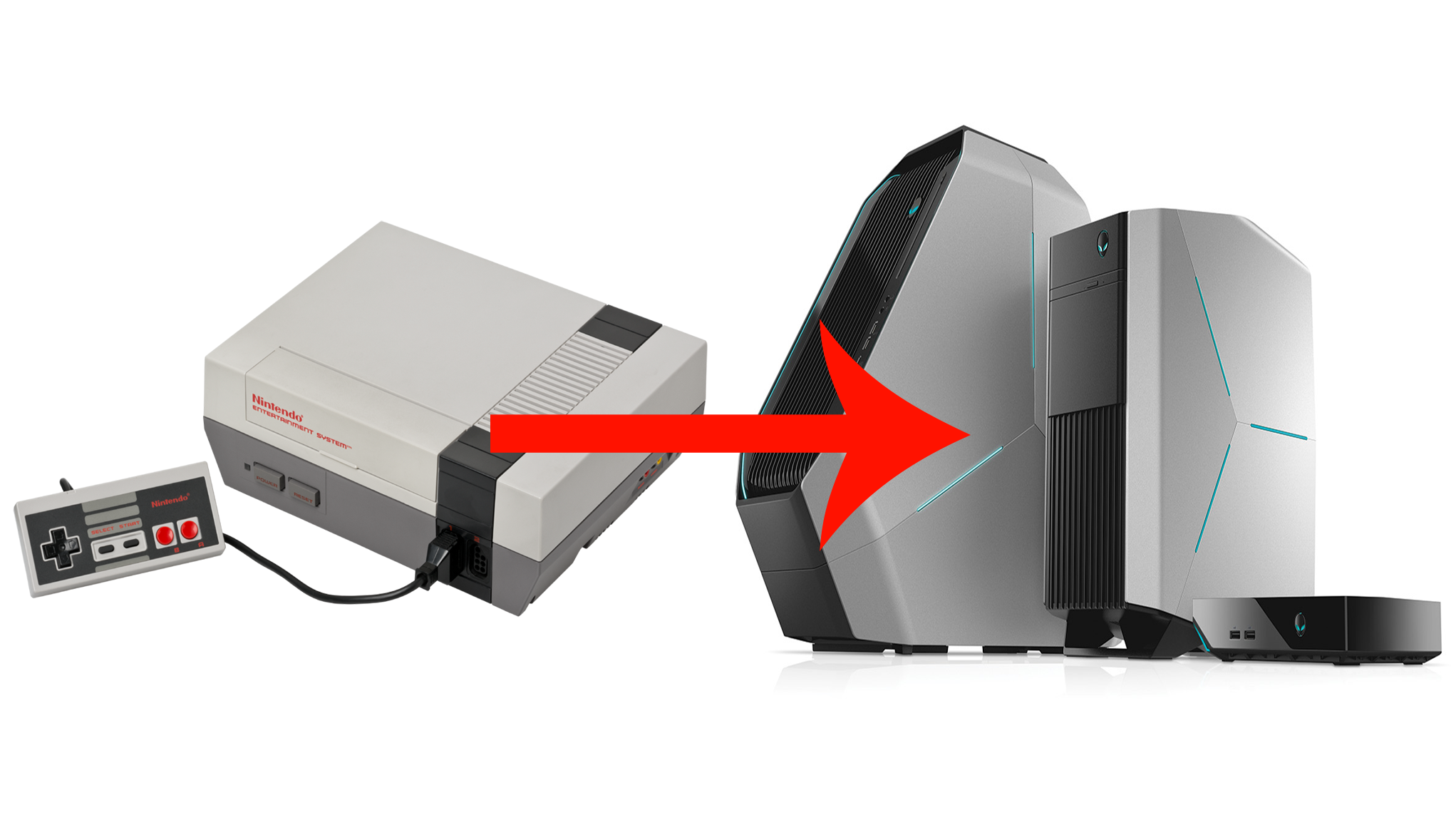Video game consoles have long been lauded (and derided) for their ease of use and simplicity to set up. No driver downloads, no software or firmware updates, no patches, no internet needed to verify your games, no checking specs to figure out if your rig can run the new game you’ve got your eye on. Just plug and play.
Well, for a while at least.

Back in the day, these descriptions were accurate. Early systems like the NES, Atari 2600, and Sega Master System were around pre-internet, and even later consoles such as the Sega Genesis and PlayStation made no use of internet connectivity. In fact, it wasn’t until 1998 with the introduction of the Sega Dreamcast that video game consoles came equipped for internet connectivity at all.
Years later, Sony’s PlayStation 2 emerged with an available adapter that would allow it play a select few games online, but it wasn’t until Microsoft’s Xbox that online console play really took off. They launched Xbox Live, a first-of-its-kind subscription service that took care of multiplayer server hosting instead of leaving it up to developers, revolutionizing console multiplayer by allowing players to reliably play over the internet just like PCs — as well as giving a universal account, so in any game you kept your details, you didn’t need to make a new account for each game.

Cut to modern consoles and we have games that require constant internet connection, mandatory patches and updates, and firmware updates for the console’s OS, all of which can only be downloaded via the internet — you can grab console updates and install via USB, but you still need to download the update.
With the introductions of the PlayStation 4 Pro and the upcoming Xbox Scorpio, consoles are becoming ever closer to their fully modular brethren, by providing smaller hardware upgrades much sooner that waiting for a whole new generation like before.
And this is nothing new.
Back in the 90s, Nintendo released a variety of accessories for the Nintendo 64 that introduced new features such as controller rumble, reading Game Boy cartridges, and even expanding RAM. Of course, there are also numerous other examples such as slimmer bodies (the PlayStation 2/3/4 Slim, Xbox/Xbox One S), and some models including backwards compatibility (the original PS3). Consoles have long had small upgrades and variances in ability.

For those worried their consoles will soon be too complicated and finicky for them to manage, take a breath. Consoles have been evolving constantly since their inception and growing more and more advanced over decades, so you don’t have to worry about them suddenly changing drastically. They adapt with new strides in technology, as do we all in this modern age. So if you, like billions of people around the world, can operate a computer, you can operate a console.
What are your thoughts and opinions? Do you like the way consoles are becoming more like PCs? Does their added functionality and power outweigh the loss of simplicity?
Or are your grievances of constant patching and day one updates just too much work to play a game? Let us know in the comments.







Published: Mar 22, 2017 09:11 pm